Portfolio Credit
Your Real-Life Experience has Value
What is a Portfolio?
A portfolio consists of a detailed summary of your work and/or professional experience, ministry experience, and overall life experience, other than formal education appearing on an institutional transcript. In general, it’s similar to a resume or vita, but must include documentation as required by the Academic Committee.
Is it Academically Credible?
The application of portfolio credit toward degree program requirements is known throughout the realm of academics. However, many traditional educational institutions do their best to minimize or avoid the issue of portfolio credit because, frankly, it’s easier and more profitable to make students pay for as many courses as possible. Yet, it is a universally-recognized fact that hands-on, real-life experience—whether in business, ministry, medicine, science, teaching, or just about any field—has great value, often superior value, relative to the process of learning. At TSU we seek to maximize the application of relevant real-world experience to the pursuit of degree goals.
What’s the Equivalent Credit?
The amount of equivalent credit, in semester credit hours (SCH), depends on two factors: a) the amount of legitimate scholastic/academic weight represented by your portfolio (as determined by the Academic Committee); and b) the requirements of the elective and major sections of the degree program you wish to pursue. What the Academic Committee is looking for is relevancy. On the one hand, using portfolio credit to satisfy program electives is the more flexible determination. On the other hand, using portfolio credit to reduce the number of courses in the major section of a degree program invokes the concept of relevancy in a more stringent manner. The Academic Committee will make the final determination as to the value of a portfolio toward your degree program.
How do I Make One?
Following a good resume or vita format, list by category all of your life, work and ministry experience that may have academic value. Be sure to include the length of each experience in hours, days, months or years [some examples: associate pastor, 5 years (part-time); senior pastor, 12 years (full-time); (title) leadership conference, 5 days, 1999; tour of Europe (specify), 16 days, 2003]. Beyond the obvious, don’t forget things like conferences, seminars, lectures, symposia, travel, travel-study, scholarly books and journal articles you have read, speaking, teaching, preaching, Bible studies (both formal and informal), personal writing (articles, books, and papers), study/research (both formal and informal), participation in missions and community service. Be detailed and precise, but succinct (don’t write a narrative!).
How much documentation do I need?
Generally, you’ll need to document employment and/or professional experience (usually a suitable letter of verification or reference will suffice). Once the Academic Committee has reviewed your portfolio, you’ll be notified concerning all required documentation, and the nature of that documentation. This process is simple and straightforward. And we understand that some experiences may be difficult or impossible to document, and must be taken at face value. Just remember that it’s our desire to maximize, not minimize, your portfolio!
How much does it cost?
You’ll only be charged for the specific SCH valuation applied to your degree program. Portfolio fees will be applied to your initial registration.
-
Undergraduate – $20 per SCH
-
Graduate – $25 per SCH
-
Doctoral – $30 per SCH
There is no charge for transcripted academic credit from another institution.
